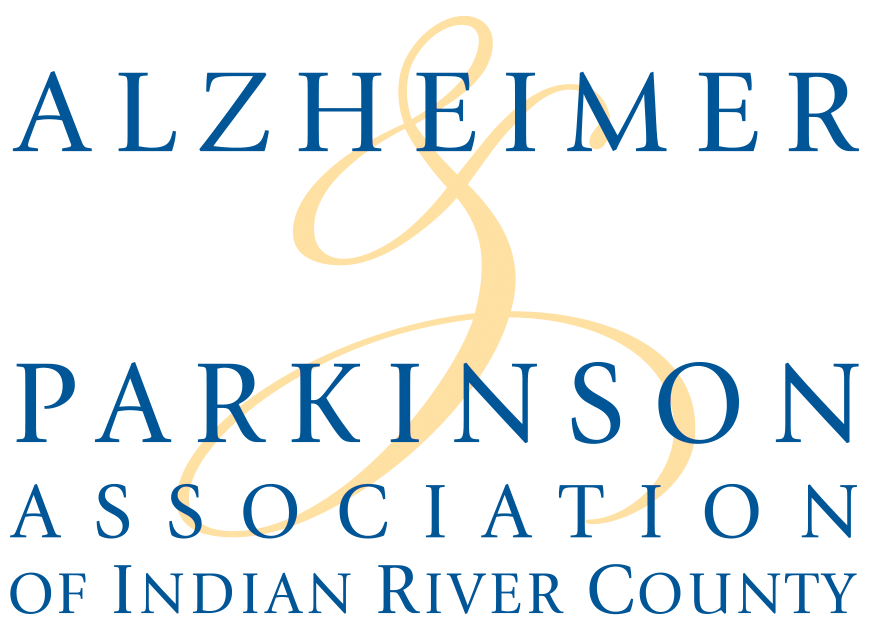Parkinson’s Disease Overview
Affecting one in 100 people over the age of 60, Parkinson’s disease is a chronic, neurodegenerative brain disorder that can progress slowly over the course of years in most people.
Early Warning Signs of Parkinson’s disease
Early warning signs of Parkinson’s disease can include:
- A slight shaking or tremor in your extremities
- Loss of smell
- Difficulty moving or experiencing a stiffness when you move or walk
- Experiencing a soft or lower volume of voice than normal
- Having a constant serious look on your face, otherwise known as masking
- Hunching over or having a more slumped over posture
These can be early signs of Parkinson’s disease. If you or your loved one is experiencing any of these signs, you should consider talking with your physician. Please visit the National Parkinson Foundation website for a more in-depth list and explanation the early warning signs of Parkinson’s disease.
Symptoms of Parkinson’s disease
There are both motor and non-motor symptoms of Parkinson’s disease. For motor indicators, the four most common symptoms are:
- Slowness of movement, also called bradykinesia, which makes it more difficult to perform physical activity, affecting everyday life. This can include getting out of bed, dressing or even speaking.
- Involuntary shaking or tremors at rest is a common symptom of Parkinson’s disease. It usually can been seen in the hands, but it is not uncommon to experience in other parts of the body like the leg, jaw or lower lip.
- Stiffness of the arms, legs or trunk. Muscles feel unusually tight, stiff or achy. This symptom can occur on one side or both sides of the body.
- Trouble with balance and experiencing falls.
Although many associate Parkinson’s disease as affecting only the motors skills, non-motor symptoms are quite common. They include:
- Mood disorders such as depression, anxiety or irritability
- Loss of smell
- Memory problems or dementia
- Excessive sweating
- Vision problems
Exercise
There is a lot of research that confirms that adopting an exercise regiment early in the disease will help improve quality of life for you or your loved one. Physical activity such as biking, running, QiGong, weight training, swimming and pilates could increase your range of motion and also help maintain your balance and help prevent falls.
Exercise is a healthy habit everyone should incorporate into their daily lives, but for those diagnosed with Parkinson’s disease, there is much evidence that proves that it offers a multitude of benefits such as improving balance and motor coordination.
The Center for Memory and Motion offers exercise programs and support groups for those individuals and their caregivers affected from Parkinson’s disease.
